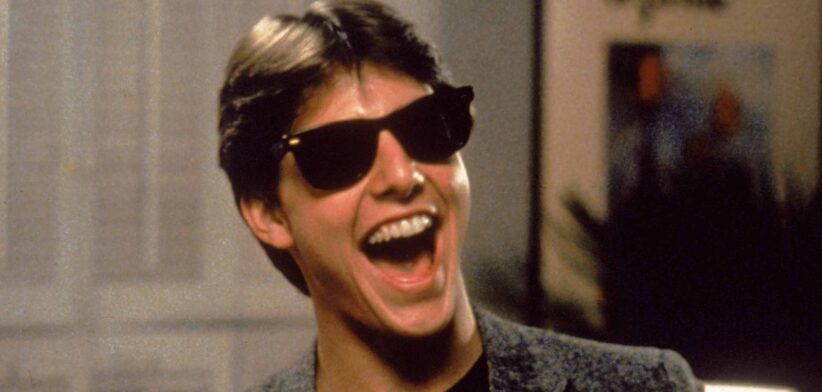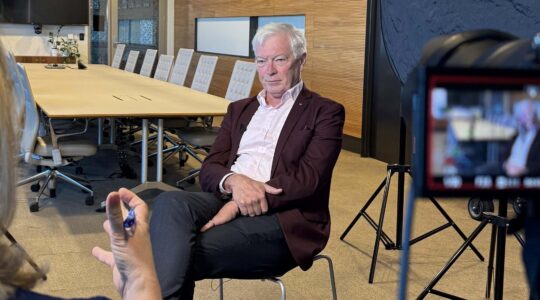By Shane Rodgers
I realised some time ago that I’m getting older. But it’s okay. Apparently everyone else is too.
Even Brad Pitt, Elle MacPherson and Tom Cruise who were born around the same time as me.
Then I realised something else. My brain seems to have done an odd thing filing my memories.
I often write about the fact that most people live around 30,000 days but would be lucky to remember a few hundred of them.
But as you get older it seems even stranger than that.
The memories, experience, music, relationships, moments and even meals you have from the age of about six to 22 seem to be stored in the mind locker in pristine form.
I have very specific, vivid memories of the 1970s, 1980s and the bits of the 1990s when my children were doing milestone stuff. The very recent years are also strong.
But the in-between years seem to be just a mass of time – like my brain has stored them on a USB but not put many in the cloud. Or some memories are given lots of space while others are just jammed in where you can find a disused corner.
Reinforcing this is the way social media targets me with content when it works out my age and interests.
My feeds are flooded with Top 40 song lists from the 70s and 80s, “where are they now” posts from old television shows and “historic” black and white pictures.
This situation has me thinking about the actual purpose of memories.
If they were all really important, wouldn’t we just remember 30,000 days?
Is our brain developing so much in childhood that we need to remember more from then?
Or, in a scarier thought, do we just stop doing interesting stuff as we get older and fall into a funk of repetition? Does our brain decide that these memories are not worth storing?
It is also possible that stuff was just better and starker in the 1970s and 1980s. We were not drowned in information and bombarded with people and images then.
Things came to us slower, there were less things, and we had to work harder for everything. Back then, you might save for a month to buy a vinyl record. Now you can subscribe to Spotify and pretty much access any song or album ever made.
Television has gone from a small number of stations with limited offering to a plethora of streaming services with everything ever made available on demand.
It is fascinating to see how many old television shows are being rebooted. This may be connected with them being so profoundly connected with people’s lives in the past.
Now shows can come and go in a weekend of bingeing, and you can barely remember who starred in them.
Another scary thought is that the internet, and now generative AI, does not require us to remember things anymore.
If we need to know something, we just Google it. Or ask ChatGPT.
It may not be that childhood memories are stronger per se. We may just not be creating as many new ones in a high tech, brain outsourced world.
Or maybe I’m just getting older and more nostalgic. Sometimes it feels like I lived the 1970s really slowly and then fast-forwarded for 30 years.
I wonder if everyone gets the same sensation. It is a lot like flying in a plane. Out the window you seem to be cruising slowly, but in reality you are belting through the skies at an amazing pace.
Either way, it seems like a good idea to fill life with as many rich memories as possible. And don’t put things off.
The future has a habit of arriving early.
Shane Rodgers is the author of Worknado – Reimagining the way you work to live.








